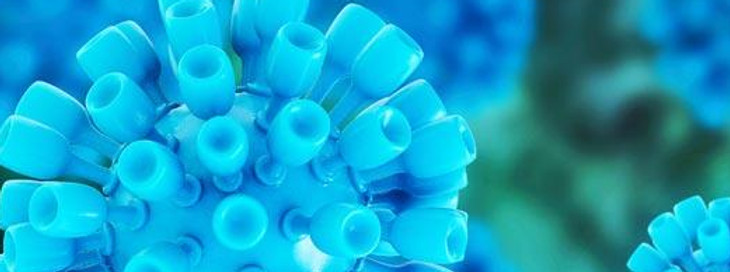top of page

DahariLAB
Mathematical/Computational Virology & Medicine
Ginkgolic acid inhibits Coronavirus strain 229E infection of human epithelial lung cells
Abstract
Since December 2019, the COVID-19 pandemic has infected more than 200 million individuals around the globe and caused millions of deaths. Although there are now multiple vaccines for SARS-CoV-2, their efficacy may be limited by current and future mutations in the virus. Therefore, effective antiviral compounds against coronavirus are an essential component to win the battle against this family of viruses. Ginkgolic Acid (GA) is a panantiviral molecule that demonstrated effective in vitro and in vivo activity. We previously demonstrated that GA inhibits herpes simplex virus 1 (HSV-1) by disrupting viral structure, blocking fusion, and inhibiting viral protein synthesis. Additionally, we reported that GA has a broad spectrum of fusion inhibition encompassing all three classes of fusion proteins, including those of HIV, Ebola, influenza A, and Epstein Barr viruses. Here, we report that GA exhibited a potent antiviral activity against Human Coronavirus strain 229E (HCoV-229E) infection of human epithelial lung cells (MRC-5). GA significantly reduced progeny virus production, expression of viral proteins, and cytopathic effects (CPE). Furthermore, GA significantly inhibited HCoV-229E even when added post infection. In light of our findings, GA holds promising potential as an effective antiviral against SARS-CoV-2.
Maimoona S. Bhutta, Daniel G. Sausen, Elisa S. Gallo, Harel Dahari, Gustavo F. Doncel, Ronen Borenstein
Partnerships that get results: Global. Fluid. Connected. Join Us!


2160 S. First Ave
Mulcahy Center, Rm 1610
Maywood, IL 60153, USA
bottom of page